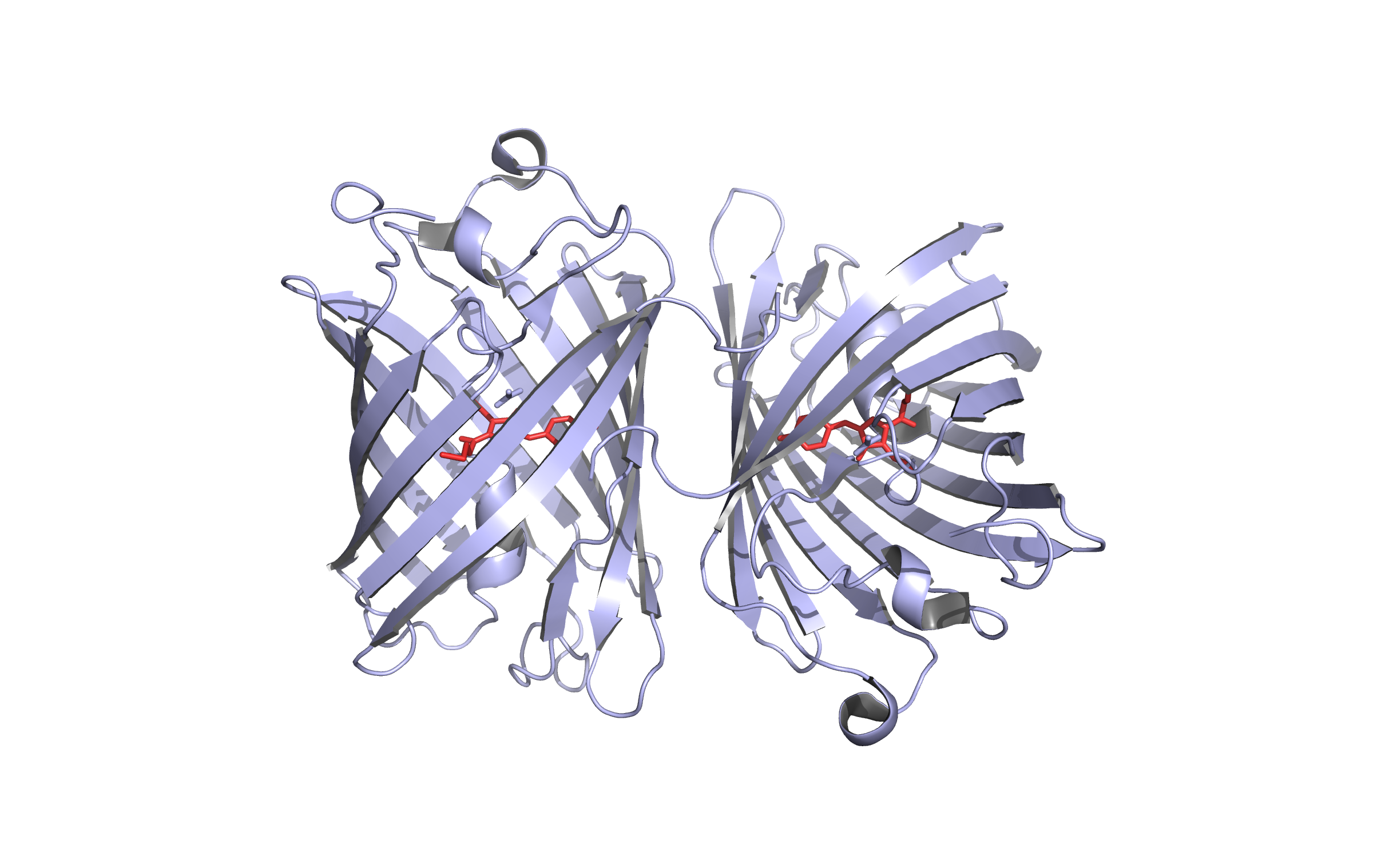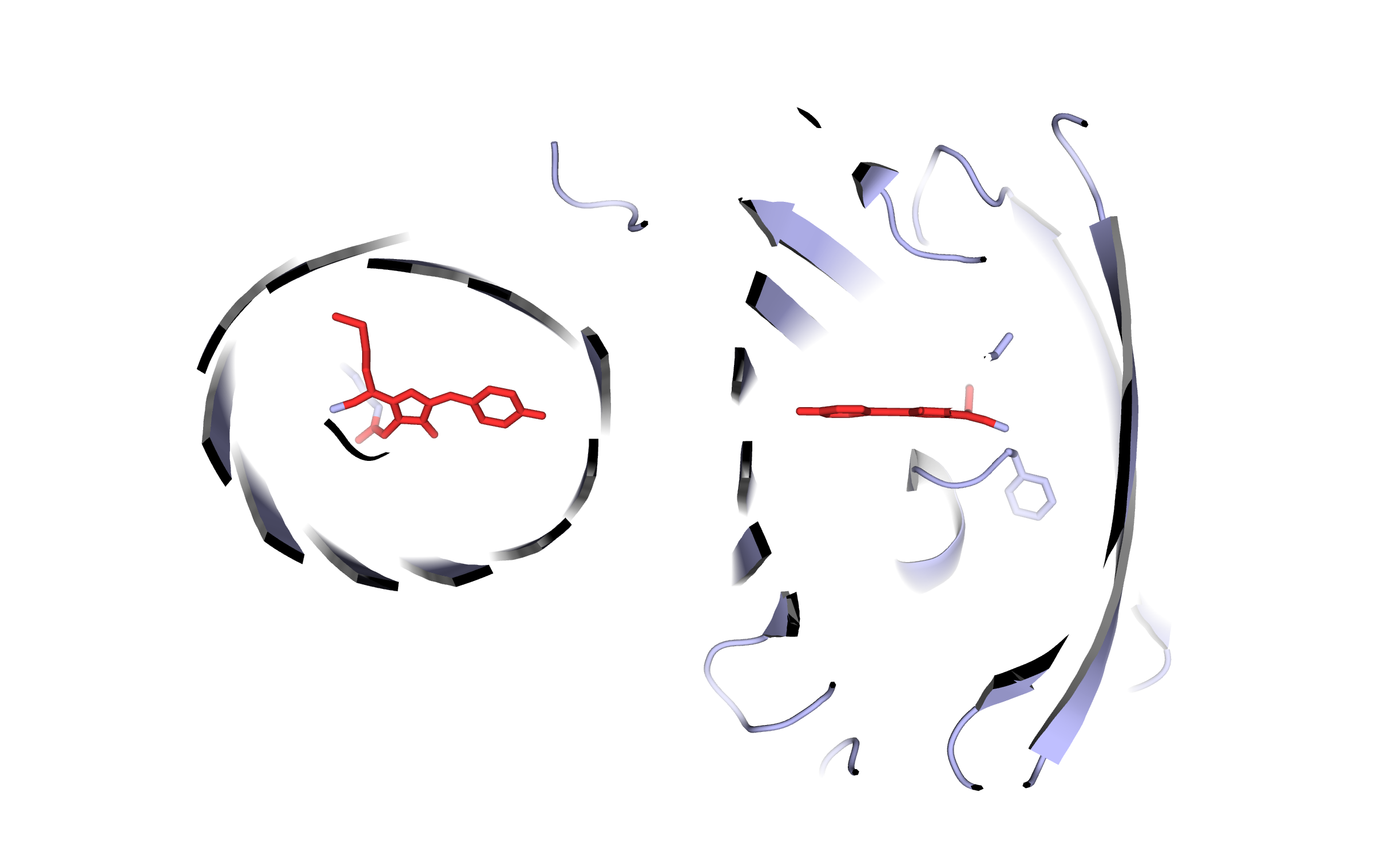Team:TU Darmstadt/labbook
From 2013.igem.org
(Difference between revisions)
| Line 289: | Line 289: | ||
The genes for our FRET pair, mKate and LssmOrange, were isolated by PCR, cloned into the biobrick vector and sequenced afterwards. The genes were also cloned into a commercially available expression vector in order to characterize the fluorescent proteins. Visit our lab book to read more about our work flow. | The genes for our FRET pair, mKate and LssmOrange, were isolated by PCR, cloned into the biobrick vector and sequenced afterwards. The genes were also cloned into a commercially available expression vector in order to characterize the fluorescent proteins. Visit our lab book to read more about our work flow. | ||
| + | <center> | ||
| + | <body> | ||
| + | <br> | ||
| + | <br> | ||
| + | |||
| + | <img alt="mkate" src="/wiki/images/3/3a/Mkate-active_light1.png" width="50%" height="50%" align="right"> | ||
| + | |||
| + | <img alt="mkateactive" src="/wiki/images/5/58/Mkate-active_surface_activesite4_light1.png" width="50%" height="50%" align="right"> | ||
| + | |||
| + | <br> | ||
| + | <br> | ||
</p></font> | </p></font> | ||
Revision as of 18:30, 4 October 2013
Detection construct
The assembly of our detection construct proved to be tricky. Not only the traditional cloning approach failed but also the assembly using synthesized gBlocks delivered no results. We finally turned to an In-Fusion cloning approach to assemble our construct. Visit our lab book to read more about our work flow.
 Visit Our Labbook for the detection construct
Visit Our Labbook for the detection constructFluorescence proteins
The genes for our FRET pair, mKate and LssmOrange, were isolated by PCR, cloned into the biobrick vector and sequenced afterwards. The genes were also cloned into a commercially available expression vector in order to characterize the fluorescent proteins. Visit our lab book to read more about our work flow.


 Visit Our Labbook for the fluorescence proteins
Visit Our Labbook for the fluorescence proteins "
"